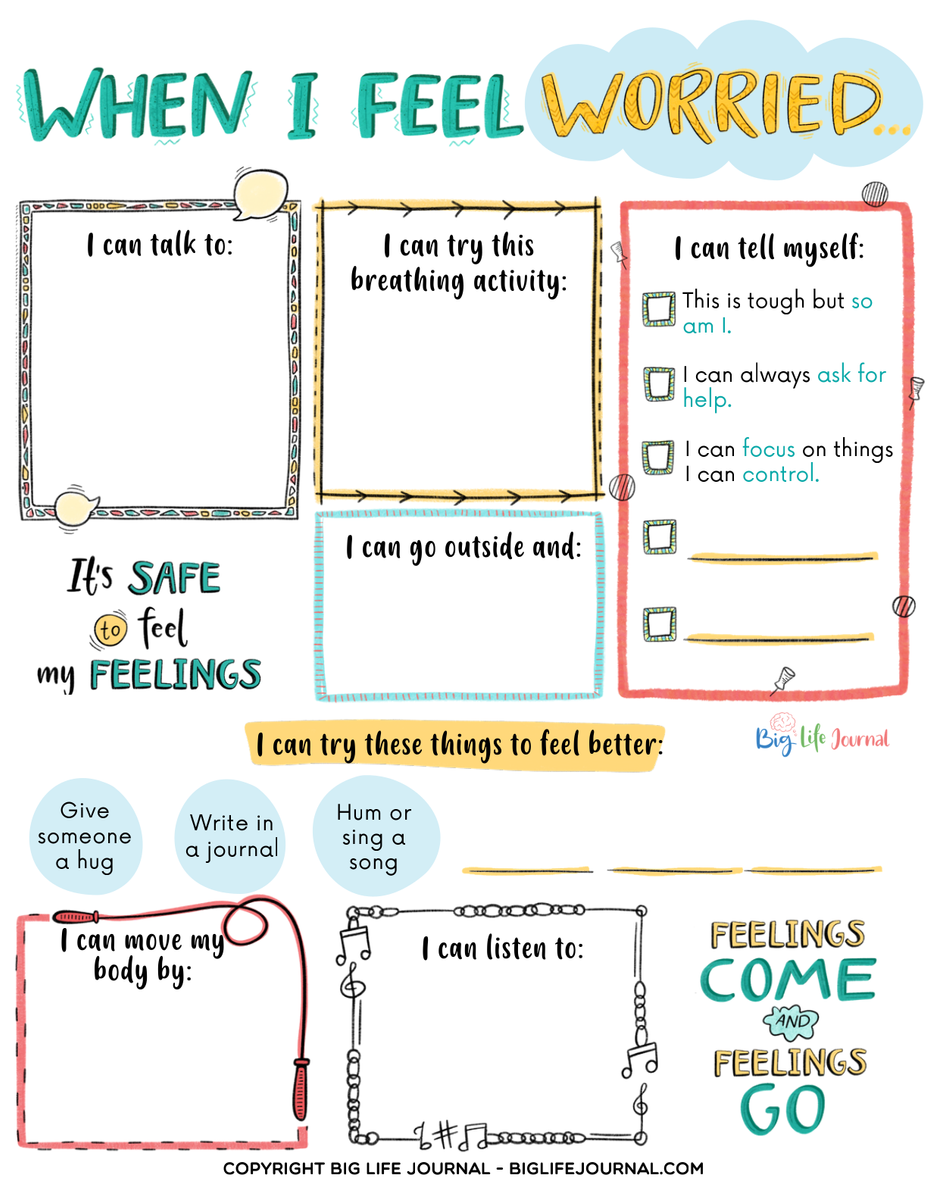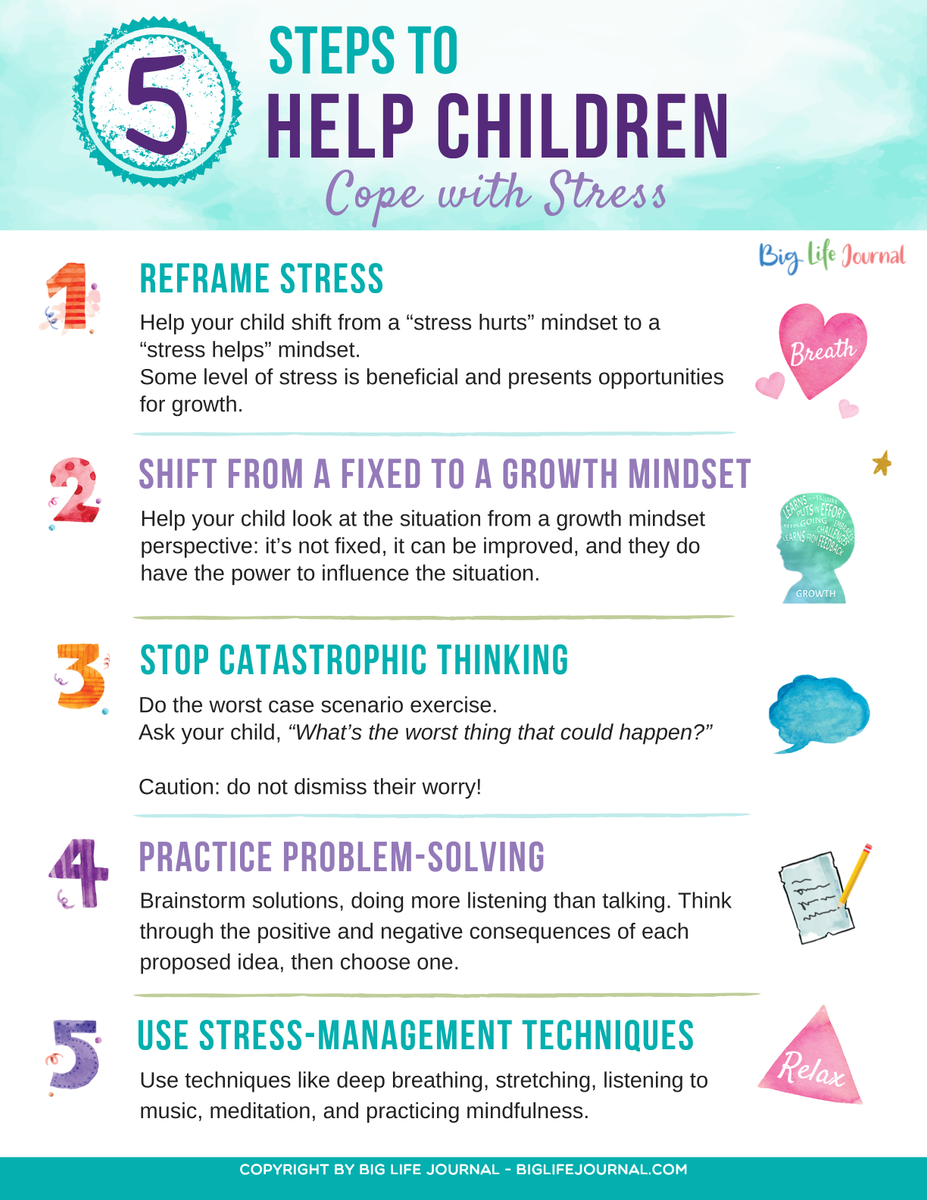Student Wellbeing
From the Assistant Principal- Mrs Bullen

Student Wellbeing
From the Assistant Principal- Mrs Bullen
As a parent, you wish you could protect your children from every disappointment, defeat, or scary challenge.
Although this isn’t possible, you can teach your children to be resilient. Helping our children navigate the stresses and strains of daily life is more important than ever
What is resilience?
Resilience is the ability to bounce back from adversity. It is a necessary skill for coping with life’s inevitable obstacles and one of the key ingredients to success.
Examples of challenges some young people may face where resilience skills are essential: physical illness, change of school, transitioning from primary school to high school, change of friendship group, and conflict with peers.
Resilient people are comfortable talking about and expressing a range of emotions.
How can we teach resilience?
We are all innately resilient, but fear, insecurity and doubt can take over in moments of stress or anxiety. These responses can affect our ability to draw on our resilience just when we need it most.
1. Create safe and supportive learning environments. Focus on developing an environment where your child feels safe and supported. Encourage them to try new things, and emphasise the growth and learning opportunities they are presented with when they fail or make a mistake.
When your child feels like the outcome won’t affect them negatively, they are more likely to try new and more challenging things. Learning from mistakes and challenges in a place where they feel supported and encouraged will build their confidence, self-belief and resilience.
2. Celebrate your child's progress, not just success. When it comes to building resilience, it is all about the journey and not just the destination! When we only celebrate the wins, we believe success is the only thing that matters. To build a positive mindset and a willingness to grow, it’s important to focus on progress, not just success. This can be done through providing feedback to your child that focuses on their effort rather than the outcome.
3. Teach your child to manage emotions. Managing emotions is key to developing resilience. The first step is to teach our children that ALL emotions, even the worst ones, are okay. Negative emotions can be opportunities to learn about ourselves, grow, and learn how to cope with these feelings effectively. This step also involves helping your child label and validate their emotions.




“You are stronger than you think, braver than you feel, and smarter than you know.” — A.A. Milne